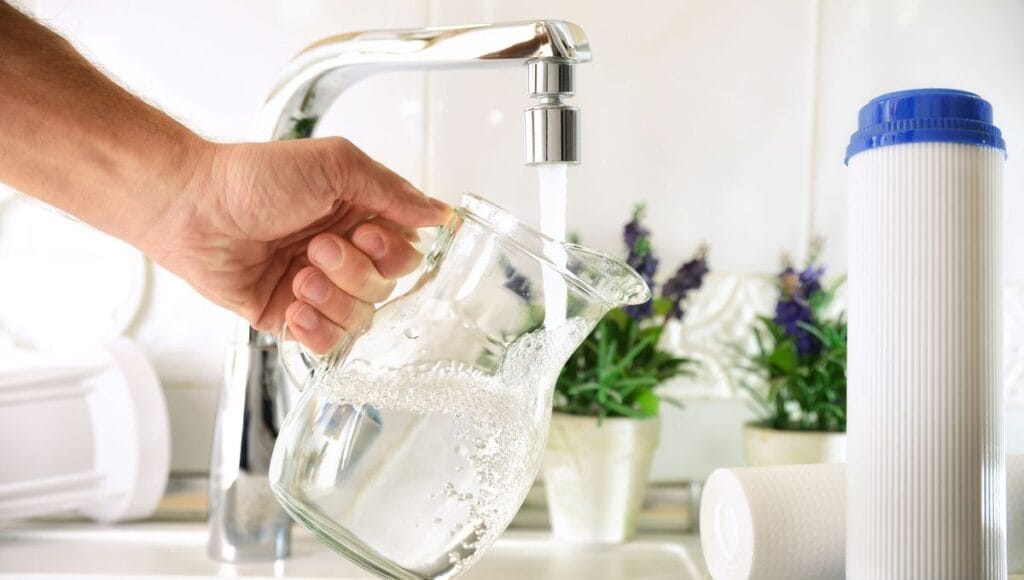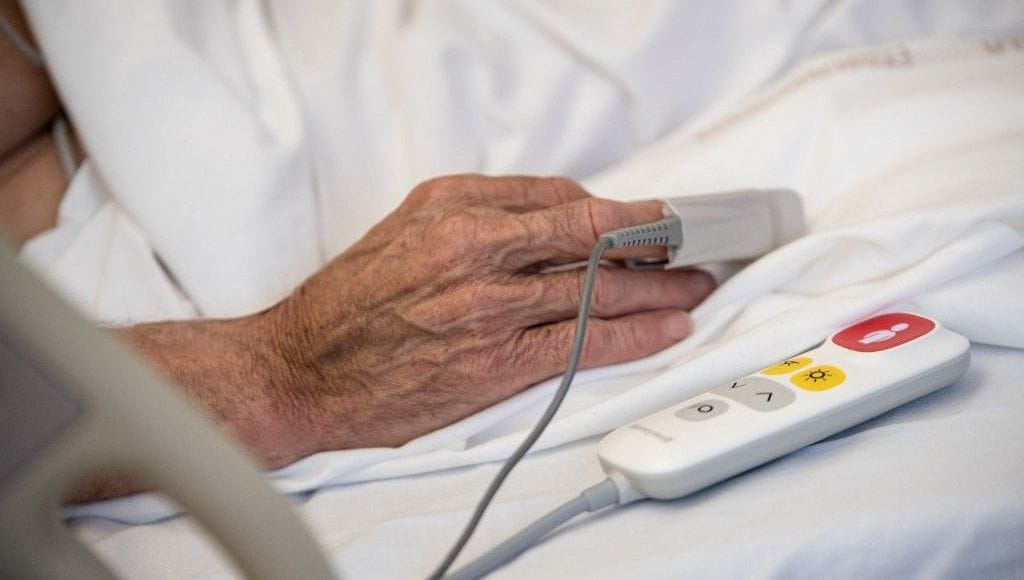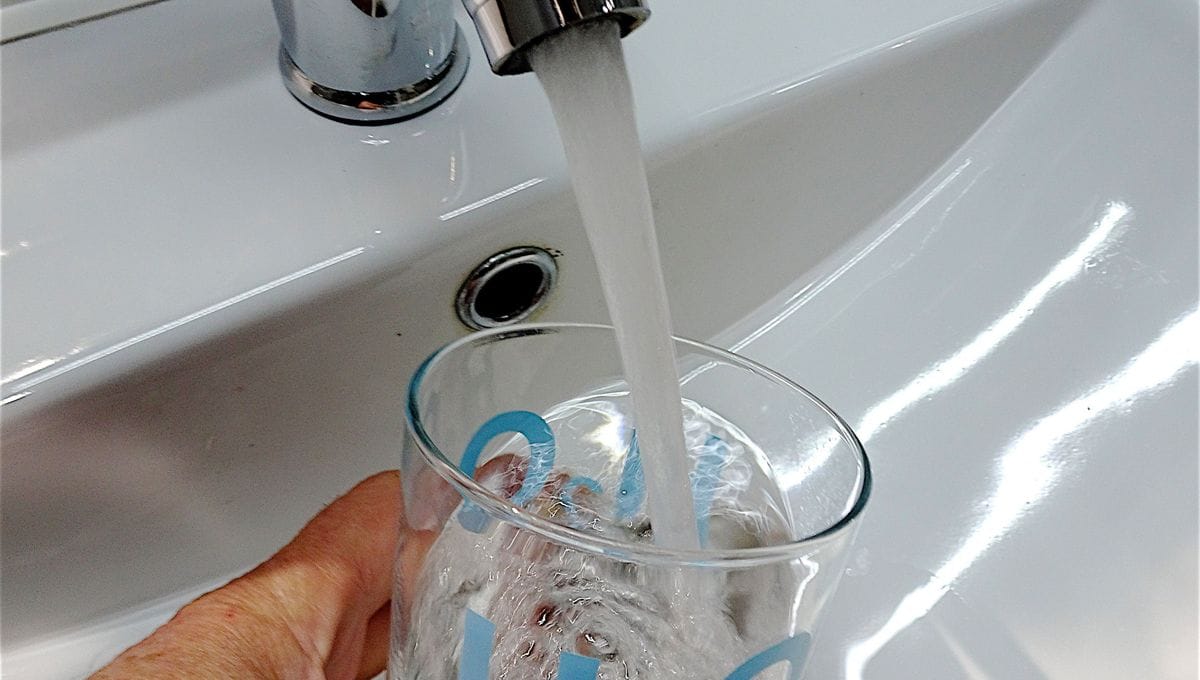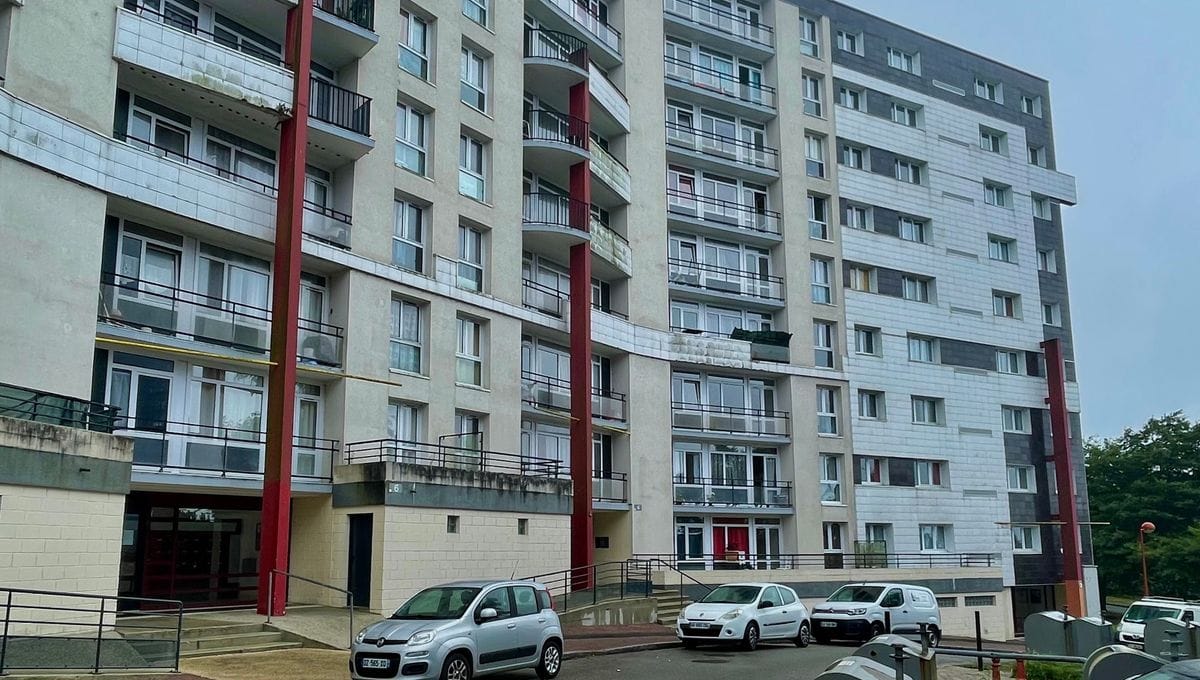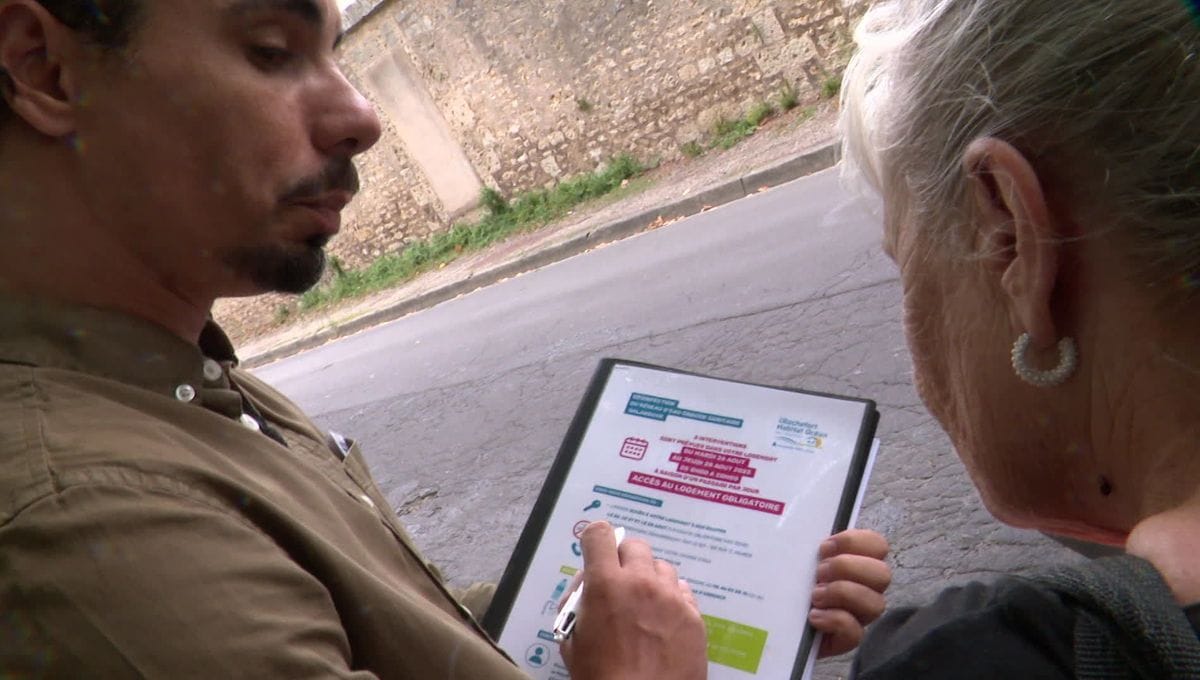Is Filtering Your Tap Water Necessary? A Doctor Weighs In
Chlorine, heavy metals, PFAS, drug residues… tap water can contain undesirable substances. Why filter it, how to choose your filtration system, and under what conditions? Dr. Kierzek explains.
Filtering tap water is becoming increasingly common in households, driven by concerns for both health and improved taste. But is it really necessary? And above all, how do you navigate the many options available?
Key Takeaways:
- Tap water can contain residues of chlorine, heavy metals, pesticides, or microplastics.
- Several filtration methods exist: reverse osmosis, activated carbon, or gravity filters.
- Analyzing your local water quality helps you choose the right device.
What’s Lurking in Your Glass?
Filtering water reduces contaminants: chlorine and its byproducts, heavy metals (lead, copper), pesticide residues, nitrates, PFAS, and even microorganisms in certain areas. Another advantage: a marked improvement in taste and odor, mainly due to the reduction of chlorine and volatile organic compounds.
Even if tap water meets standards, it can contain very low doses of endocrine disruptors such as hormones, drug residues, or microplastics.
Choosing the Right Filtration Method
Several filtration methods exist, more or less suitable depending on the water quality and your budget:
- Reverse osmosis: very effective (eliminates 99% of pollutants), ideal for heavily polluted water. Its high cost (200 to 600 €) and under-sink installation are necessary.
- Activated carbon: perfect for daily use to filter chlorine and certain metals. It is economical and easy to use.
- Gravity filters (Berkey type): effective against bacteria and viruses, without the need for electricity. They preserve beneficial minerals like calcium and magnesium.
- Filtering pitchers: affordable but less comprehensive. Be sure to change the cartridge every month and choose glass over plastic.
- Ensure the hot water temperature is over 50°C under 10 seconds of water flow from your taps, as it will kill most bacteria in seconds.
Other techniques exist (ultrafiltration, ceramic beads), but ideally, have your water analyzed to target your specific needs.
Regardless of the device, proper maintenance is essential. And why not alternate filtered water and bottled water depending on the use?
Dr. Gérald Kierzek’s Advice
Dr. Kierzek offers advice every morning. From managing stress to nutrition and sleep, he provides helpful tips on every aspect of daily life.
